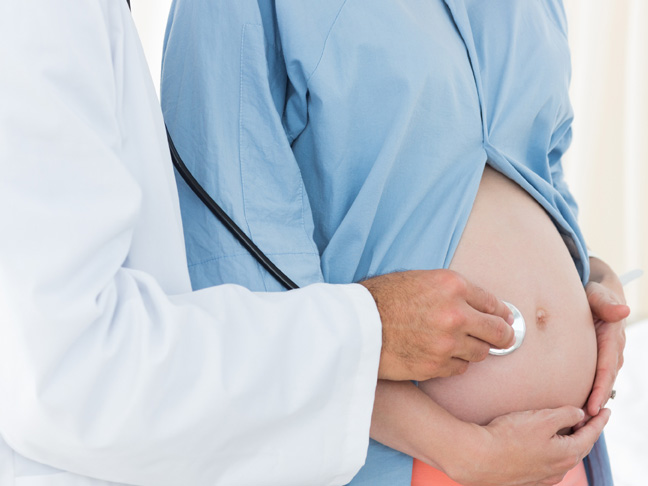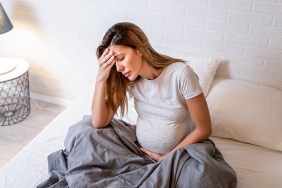In multiple recent studies, low-dose aspirin results on preeclampsia have been promising. Women at risk for preeclampsia who took low-dose aspirin daily after the first trimester lowered their risk of developing the condition by 24 percent, and dropped the risk of preterm birth by 14 percent. In addition, the risk for intrauterine growth restriction was 20 percent lower for those women placed on a regular low-dose aspirin regime.
Why some women develop hypertensive disorder during pregnancy is not entirely known, but it is more likely to occur among women who are pregnant for the first time, are obese, are 35 years or older, have a history of medical conditions, are carrying twins, or are African-American. Often women experience no symptoms, although preeclampsia in extreme cases can damage a woman’s kidneys, brain, and other organs. More commonly, it prevents the fetus from growing appropriately. And because the only “cure” for preeclampsia is delivery, this disorder may be responsible for as many as 100,000 of the total 500,000 premature births annually.
Pregnant women who are at high risk for developing preeclampsia, including those with diabetes or chronic hypertension, women carrying more than one baby, and those who had preeclampsia in a previous pregnancy, should ask their doctors if the low-dose aspirin regime is appropriate for them.
Photo: Getty








